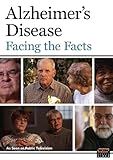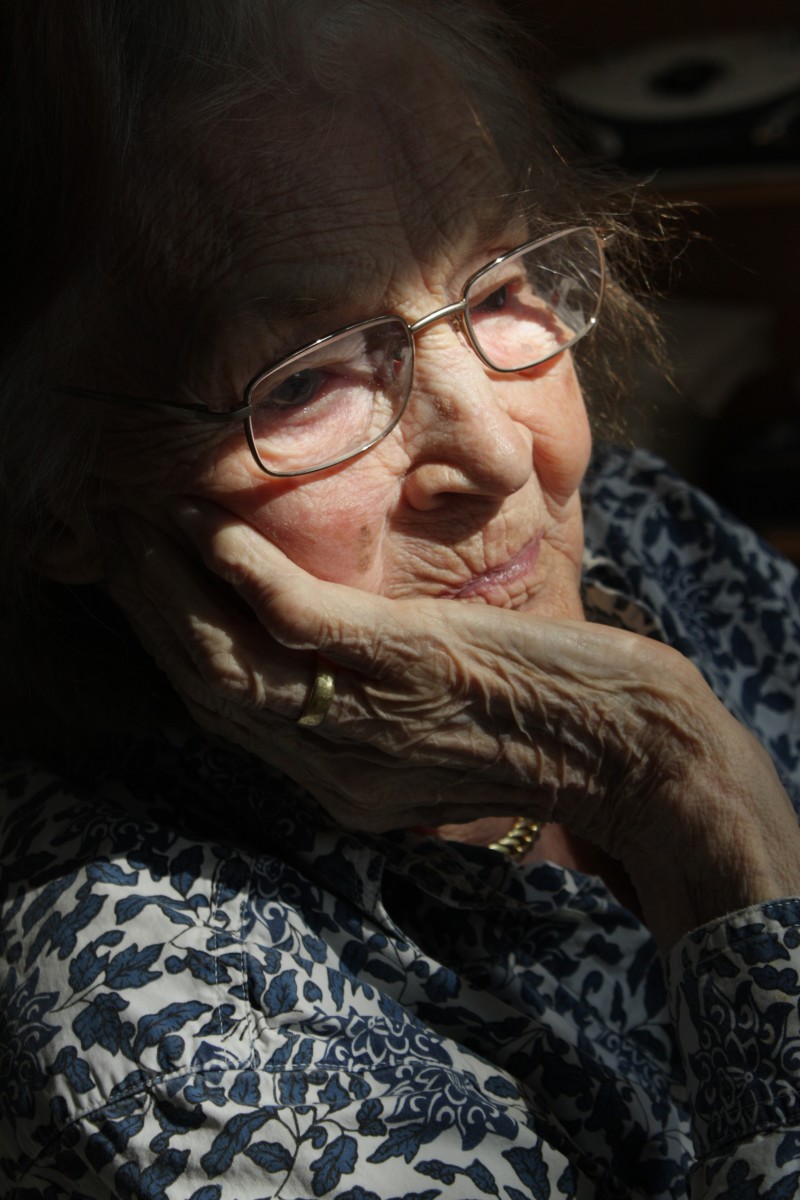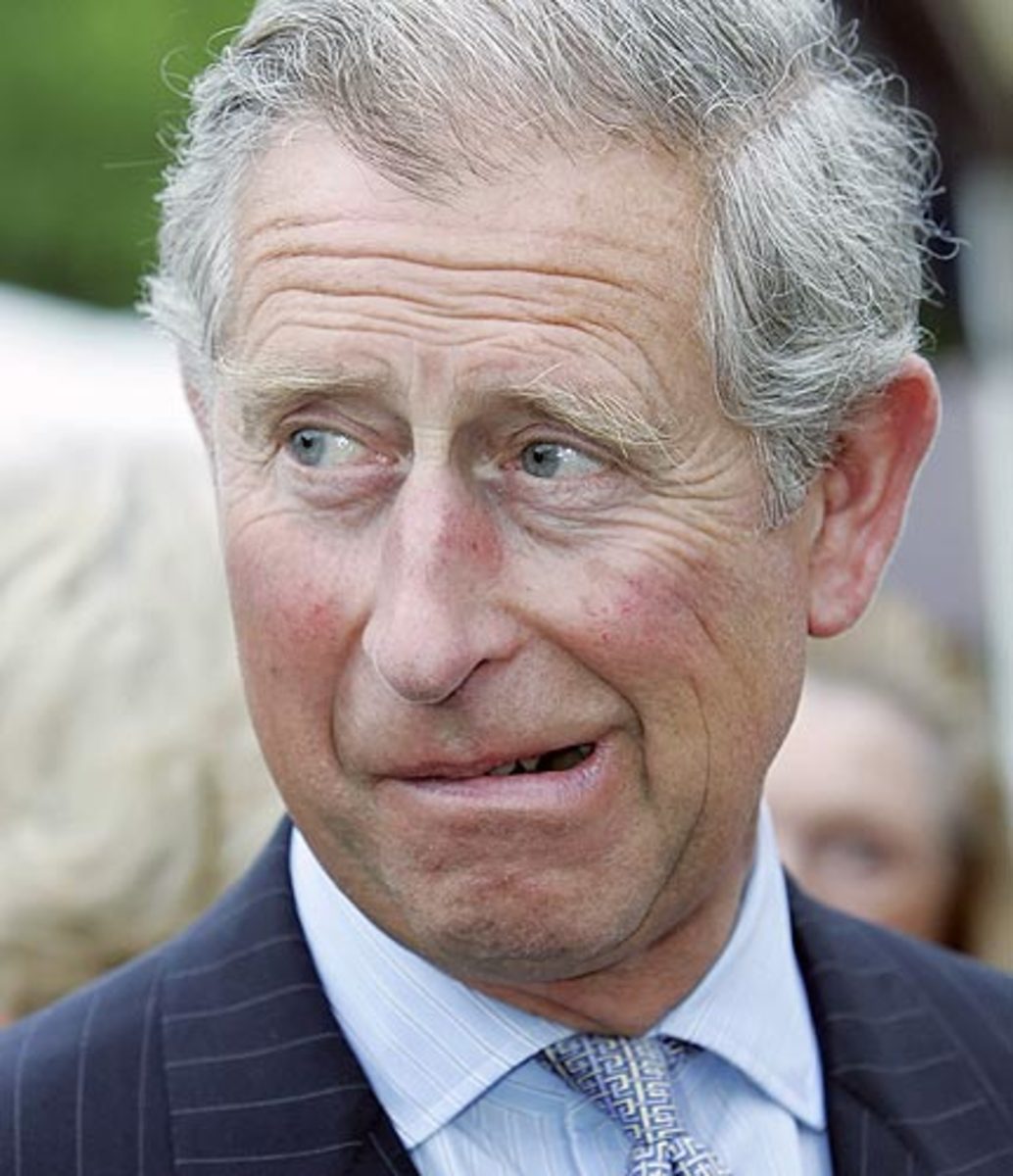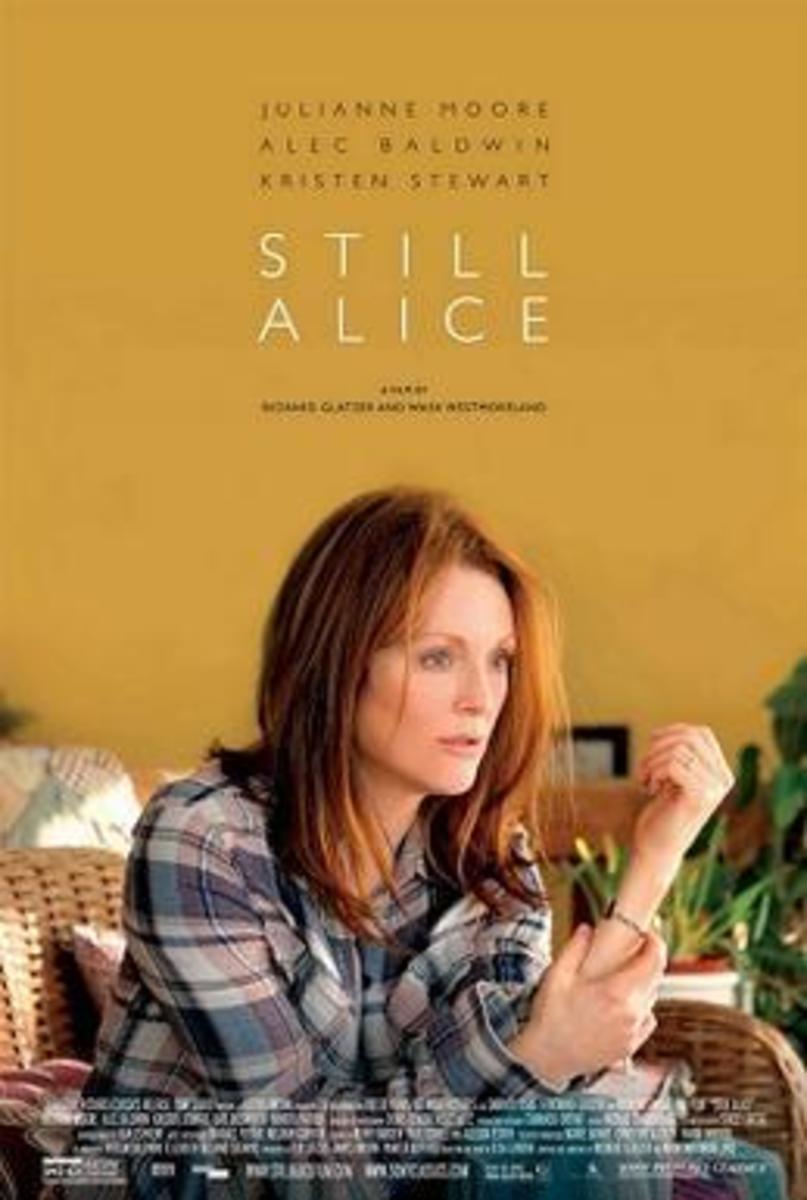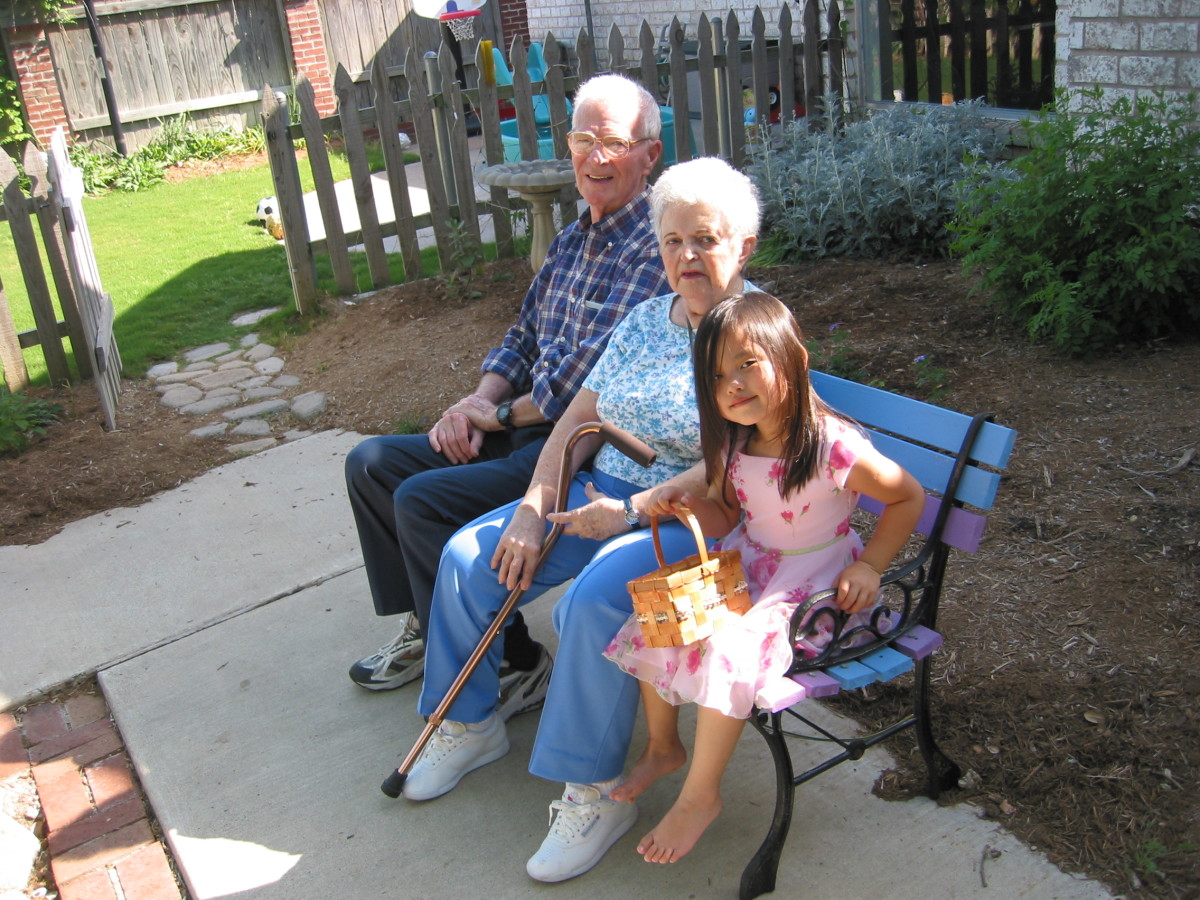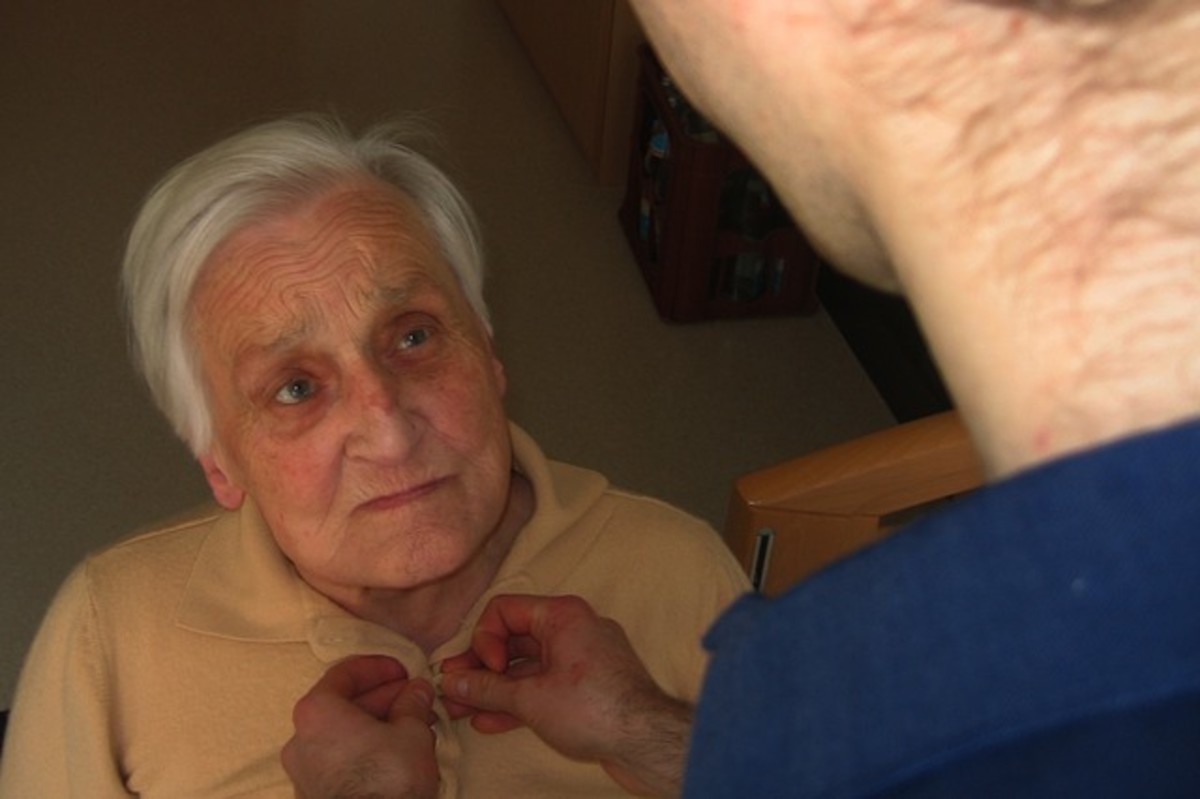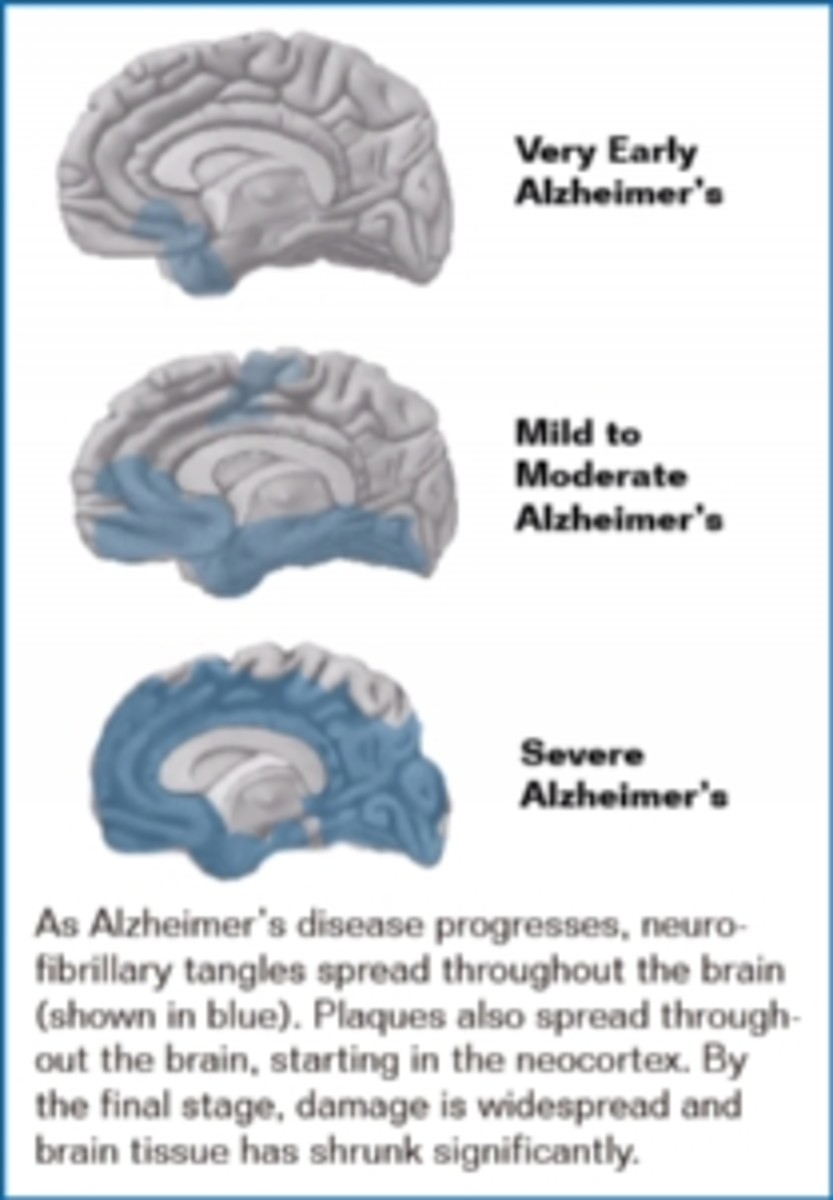Helping Children Cope With Alzheimer's; Early-Onset Alzheimer's Disease
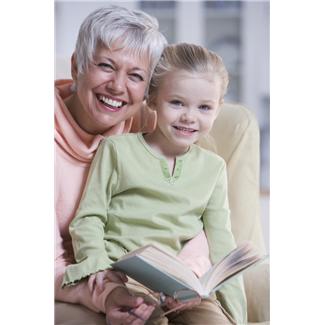
I know Alzheimer’s is a terrible disease. And just when I think I understand how terrible it can be, it flashes another hideous facet for me to see.
Maybe because of the business I’m in (providing non-medical in home care for adults), or maybe it’s a typical thought of everyone who stops to think about Alzheimer’s, but when I think about Alzheimer’s, I think of someone getting old and forgetful. The key words there are “old” and “forgetful”. We don’t think it so odd that those two words go together. Age is, in fact, a contributing factor for Alzheimer’s.
Today, I received an email about an article on Alzheimer’s. The title of this article is, Talking to Children About Alzheimer’s. For me, the title conjures up images of parents trying to explain why Grandma or Great-Grandma is acting the way they are. Or why Grandpa can’t remember who the child is, but explaining that no matter what Grandpa says or does, he still loves the child.
I had never thought of Alzheimer’s from the perspective of trying to explain it to children. And I imagine that it would be hard for the child to understand, but most of the time it would be something that the child would have to deal with on an infrequent basis because they probably would not live with the person who has Alzheimer’s.
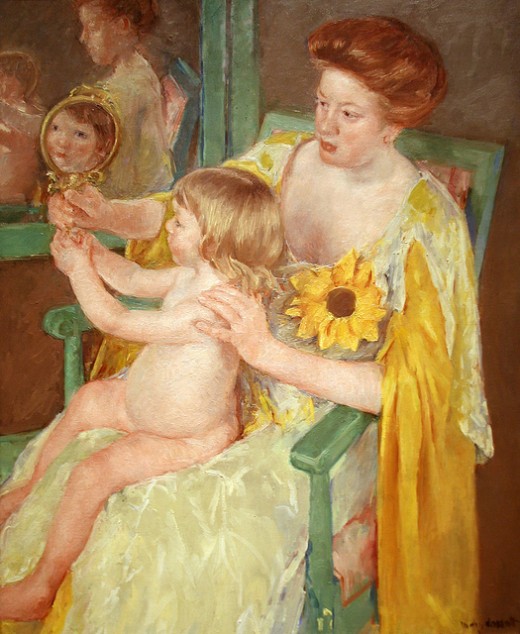
Early-Onset Alzheimer's
But then, there’s early-onset Alzheimer’s. I have worked with support groups where people are dealing with early-onset Alzheimer’s, but I never thought about it the way I was forced to when reading this article. And it was not pretty!
Before we go any further, let’s look at early-onset Alzheimer’s for a second. When Alzheimer’s strikes (punches might be a better word) someone below the age of 65, it is called early-onset Alzheimer’s. This form of Alzheimer’s is rare and only makes up about 5% of all Alzheimer’s cases. It can strike people who are in their 30’s and 40’s, but is more likely to occur when people are in their fifties.
Imagine someone in their 30’s, 40’s, or 50’s. People in this age range can have young children at home. So, where I spoke earlier about people talking to their kids about Alzheimer’s, we are no longer talking about grandchildren. We are talking about young children who are losing their parents to this illness. That is sad – especially when you consider that memories are lost in reverse, so young children will be the first ones forgotten by the parents with Alzheimer’s. These same children will find it harder to understand what is going on when mom or dad no longer knows who they are.
The article I read began with a statement made by someone diagnosed with early-onset Alzheimer’s disease. She said, “The worst thing is the kids. I don’t know how long it’s going to take before I won’t know them.” What a horrible reality for a parent to have to come to terms with.
Her early-onset Alzheimer’s was diagnosed in 2000. At that time, she was 46, and her children were 13 (son) and 9 (daughter). She passed away in 2008.
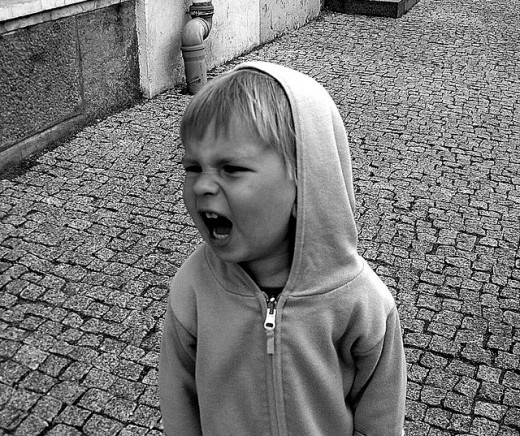
Telling the Children
Early in the disease process they (she and her husband) had spoken to their children about the memory issues that their mother would be experiencing, but they had not shared with the children that the illness was terminal.
The mother describes that discussion to come, two years later, as the “hardest discussion we had to have.”
Two years after her diagnosis she and her husband spoke to the children about this issue. They first spoke to their son who was then 15. They described the meeting as being very tough. After he was told the full ramifications of the disease, their son hugged her and was emotional.
Then they shared the news with their 11 year old daughter. Her response was very different from her brother’s. Outwardly, she was reserved and matter-of-fact. Later she started a blog about her experience and became involved with Alzheimer’s Association activities. After her mother died, she pointed out that her mother had been memory-impaired for half of her 18 years, and that her brother had had four more years of childhood with his mother unaffected by the disease. That’s tough for anyone to take, much less someone so young.
From these two examples it’s obvious that children will respond, communicate and cope differently when faced with a situation as serious as this. Most children dealing with Alzheimer’s will experience the effects of the disease more distantly – grandparent to grandchild. But if a parent has Alzheimer’s, a young child is much more affected by the ramifications of the disease.
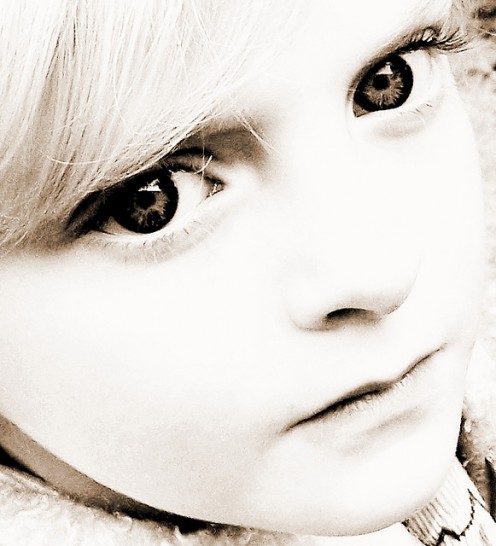
Tips to Help the Child
Let’s look at some tips to help children faced with this situation.
- A child needs to be assured that there will always be someone to take care of them. It is difficult for them to see someone they have relied upon for care who is no longer able to even care for themselves. This is applicable for grandchildren as well as children, just not as much or as often. When their world is being shaken at the very core, they need someone available to them who is able to provide a steady foundation that they know they can rely on.
- When sharing information about Alzheimer’s with a child, the message should be tailored to their age and ability to be able to understand and cope with the information being shared.
- When explaining the disease to a child, provide tangible examples that the child can understand. Since Alzheimer’s is not something as obvious as a broken leg or the measles, it’s best to find ways to help them understand. Explain that the disease is in the brain where it can’t be seen, but it is what is causing “specific behaviors”. Try to help the child process the fact that Grandma would not act the way she does if the disease were not causing her to do so. Explain that Grandma still loves them, but the disease is causing her forgetfulness or causing her to get angry at very small things.
- The discussions about the illness should be age appropriate to the child. If discussing the issue with a younger child, if you can find someone who is of the same functional level as the person with Alzheimer’s (Grandma), and explain how they are the same, it might be easier for the child to understand.
Keep On Sharing
Alzheimer’s disease is rarely fast. It is a slow deterioration. Therefore, conversations with the children can happen in small bits and pieces as the changes occur. It will need to be an ongoing conversation rather than a one-time occurrence.
- Alzheimer’s strikes fear in adults, so imagine what a child will be feeling. When the caregiver of a spouse with Alzheimer’s disease is also the parent of a younger child, and that caregiver becomes upset, the child will also. Address those fears by saying something like, “I don’t blame you for feeling upset, because I am too.” Let them know that the feelings are normal and okay. To help them process these feelings, instead of asking the child what is the matter, consider asking, “What is worrying you?”, or, “I think something about Mom is scaring you; what is it?” The goal is to help them acknowledge their feelings so that they can conquer their fears.
- It is very important to help the child find ways to cope with the situation. When an adult that the child has depended upon, if for nothing else but to be an adult, starts acting like a child or baby, it can be difficult for the child to process and/or deal with. One coping mechanism that can be used is to allow the child to help. I really can’t state it any better than the article stated it, “Children cope better when they feel like they are contributing in some way … No matter what the chosen activity or routine, when children believe they are needed, perform tasks that people depend on and have a place to belong, they can overcome any challenge.”
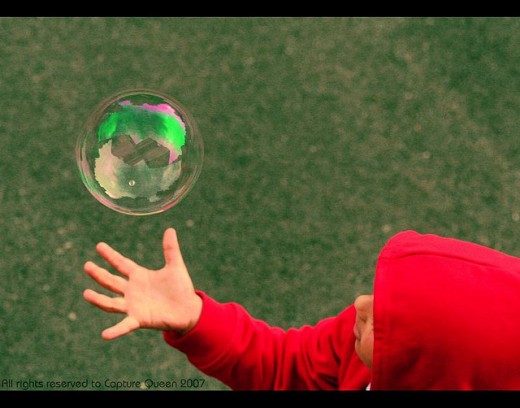
Possible Numbers Affected
Earlier in this article, I stated that the incidence of early-onset Alzheimer’s is rare, only making up 5% of the Alzheimer’s cases. What does that mean? I am going to look at the numbers for Americans only because those are the numbers I have; but I would think the numbers are pretty similar worldwide. It is believed that 4 million Americans have Alzheimer’s. This means that 200,000 have early onset. If only 10% have 2 young children still at home, then 40,000 children are being affected by this disease. That really is not a small number when you consider the devastation it can bring.
Because of the nature of genetics, this number is likely to increase. If a parent has early-onset Alzheimer’s, a child is more likely to inherit the genetic code, and the trend has been to develop the illness at a younger age.
I wish that I could end this story with …. And they all lived happily ever after … but the sad truth is Alzheimer’s takes hostages, and accepts no ransom.
Related Sites:
- Activities for Alzheimer's, Coloring for Adults
Coloring is an excellent activity for children of all ages. It can be a good activity for someone with Alzheimer's as long as a few things are taken into consideration. - Alzheimer's Disease and Blood Sugar Levels
What do cinnamon, coffee, broccoli and insulin have in common with other? They may pave the road to a treatment or cure for Alzheimer's. - Caring for an Aging Parent: Family Members as Caregivers
We usually do not think about caregiving until...The answer to the question... is a resounding, “Yes!” and “No!” How's that for ambiguity!?!...you are the primary caregiver...hands on care...
© 2011 Cindy Murdoch

